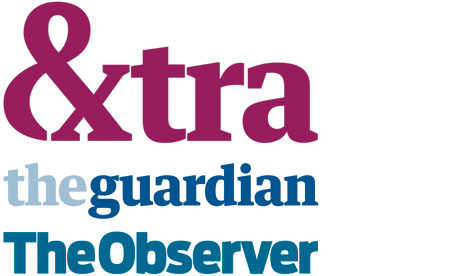I earn therefore I am
 Upon what tablet of stone is it written that the only way to legitimise human creative expression is through commercialisation and professionalization?
Upon what tablet of stone is it written that the only way to legitimise human creative expression is through commercialisation and professionalization?
Last week I was half listening to a BBC Radio 4 programme debating the issue of copyright in the digital age. Present were the usual subjects: a legal type, a creative industry representative masquerading as a defender of the rights of artists (musicians in this instance), an actual practising artist (a poet in this instance – always a commercially marginal business) and a token naughty boy (someone who had been involved in bit torrent and movie sharing in this instance). All chaired-over by some very emolient BBC presenter type. However, at no point in this very civilised debate did anyone ask the fundamental question I have just posed.
We know the answer of course. It is written upon no such stone. If poetry dies because poets can’t make a buck – then what does this tell you about the value of poetry in the first place? OK, so the likelihood is that some poets and musicians are going to find it harder to make a living. The big question is “So What?”. Who has the right to declare themselves a poet in any case? Currently this right is conferred through the receipt of money. I earn therefore I am.
We stand poised upon what could be the greatest explosion in human creative expression ever witnessed: the great unleashing of the cognitive surplus as identified by Clay Shirky in his most recent tome and here we are getting all upset because some already impoverished self-declared poet is finally going to have to get a day job.
We all know that Van Gough didn’t sell a single picture in his lifetime. This may have been a bit tough on poor old Vincent, but it did nothing to dent the creative legacy he bequeathed to humanity. One also suspects that money would not necessarily have made him either happier or more creative. For sure, there have been many wealthy artists throughout history – but this wealth stemmed from patronage and thus their work was essentially PR and its current value stems as much from it being social commentary and a lens on society as from any independent creative value. In the absence of many other well preserved historical lenses this was clearly an important role. However, in today’s day and age we don’t lack for ways to record our history.
Imagine a world in which creative expression was driven by love, not money. Would that really be such a terrible place?

 In a few hours time I will be bidding farewell to my Ning networks. I will also stop advocating Ning as something people should look at in order to start building their own networks and communities.
In a few hours time I will be bidding farewell to my Ning networks. I will also stop advocating Ning as something people should look at in order to start building their own networks and communities. Trying to explain social media to businesses can sometimes feel a bit like Thomas Eddison trying to explain the lightbulb at a convention of oil-lamp manufacturers.
Trying to explain social media to businesses can sometimes feel a bit like Thomas Eddison trying to explain the lightbulb at a convention of oil-lamp manufacturers. About a year ago Clay Shirky wrote a brilliant article called
About a year ago Clay Shirky wrote a brilliant article called  The Guardian has made an entry into the paid-for content space. Called
The Guardian has made an entry into the paid-for content space. Called Here
Here